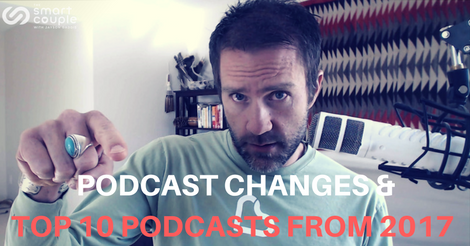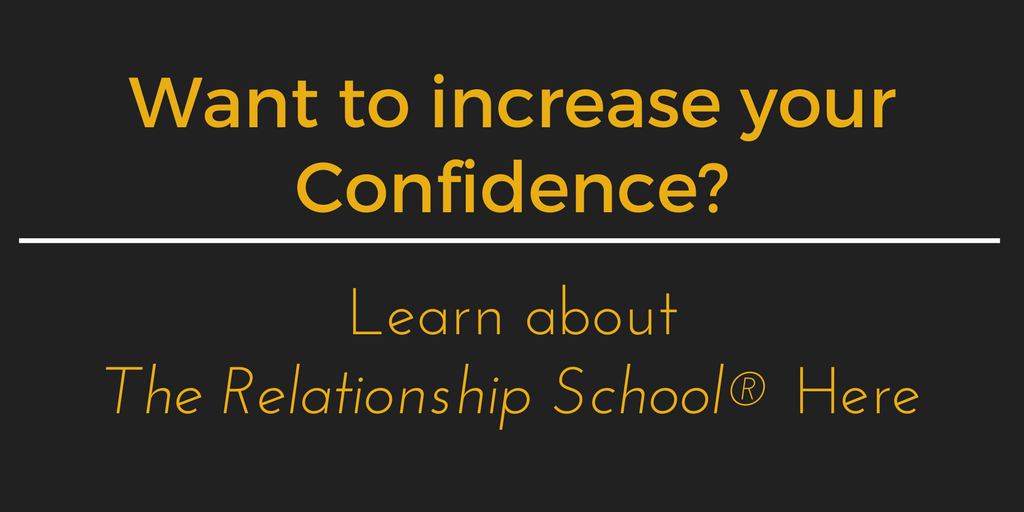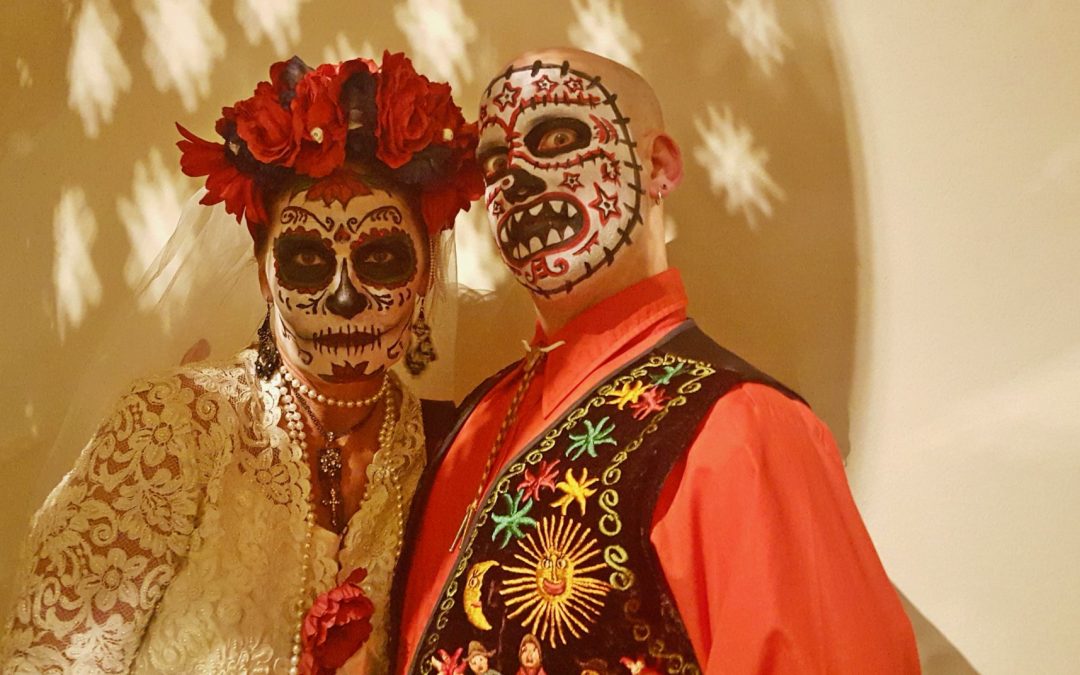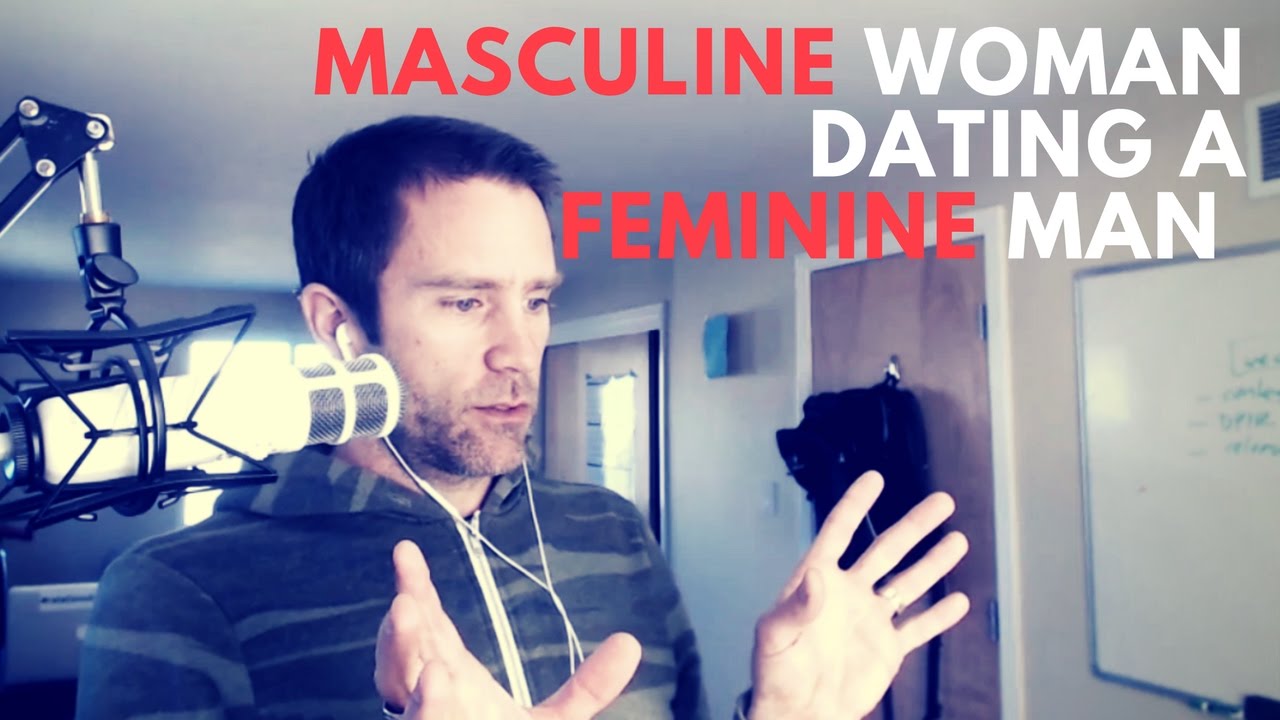Different Needs In A Relationship
Do you know what your own needs are? What your partner’s needs are? Are they in conflict or do you honor each other’s needs? Wait. Let’s back up. Needs? I have needs? Yes you do! You’d be surprised how many couples go on for years in their relationship oblivious to their own needs and annoyed that their partner has needs or wishing their partner had a need. They struggle, frustrate, stagnate, and remain unfulfilled. Is this you? Or your relationship? Knowing and expressing your needs to each other is a bottom line item for a successful relationship, and ultimately a way to make sure you’re on the same page. If you don’t understand needs, the more likely you are to fight and build resentments that ultimately undermine, or even end, your relationship. If you want to watch this entire video or listen to this podcast episode on needs, click here. Remember: We all have needs and we are all needy. Yes! (Say it out loud: “I’m needy!”) Needs are valid, and we get to ask for them. None of us need too much; we need exactly what we need. And If you leave your needs out or your relationship, you’re leaving a valuable and important part of yourself behind. You have to be willing to stand up for your needs AND communicate them to your partner. If it feels difficult or brings up embarrassment or shame, you have some learning to do here. So where do you start? The first step is to get clear on your needs. The easiest place to start is wherever you have a hope, wish, or expectation. Next reframe those as needs and write them down as such. Next, you might try on that you have a few needs that are not negotiable. These are needs that if not met, are deal breakers. Determine which needs require your partner’s participation. Next, connect with them around your needs. “Honey, turns out I have some needs. Can we talk?” Once you are clear for yourself, share with your partner in a way that’s direct while also non-threatening and caring. By asking your partner to meet your needs you’re giving them an opportunity to show up for you. And if they truly care about you, they will be willing to try because they know it benefits “us”. When you share your needs with your partner, it becomes a way to care for and help each other. If both of you are game to meet each other’s needs, even if they are different needs, the relationship can, and will, succeed! On the other hand, if one of you is unwilling, or you discover that your needs are too different, the relationship may not work. That’s really good to know too! And it’s OK. Even though it’s not easy, you can move on, and find a new partner, someone who is on board with your needs. Bottom line? If you have different needs in your relationship and you are willing to meet them, it can be a huge gift to your connection. It helps you both feel safe – on a nervous system level. When you feel safe or can help your partner feel safe, everything goes better, and you can accomplish more! So turn that frown upside down. Take the risk. Speak up. And earn a fulfilling relationship, full of needs, together. For a deeper dive into needs and how to navigate them with your partner, enroll in the next class of The Relationship School’s® Deep Psychology of Intimate Relationships and send us an email at [email protected] to schedule a time to talk with one of our Student Growth Liaisons. Classes start later this month! ___________ Photo credit The Joneses, Flickr






















